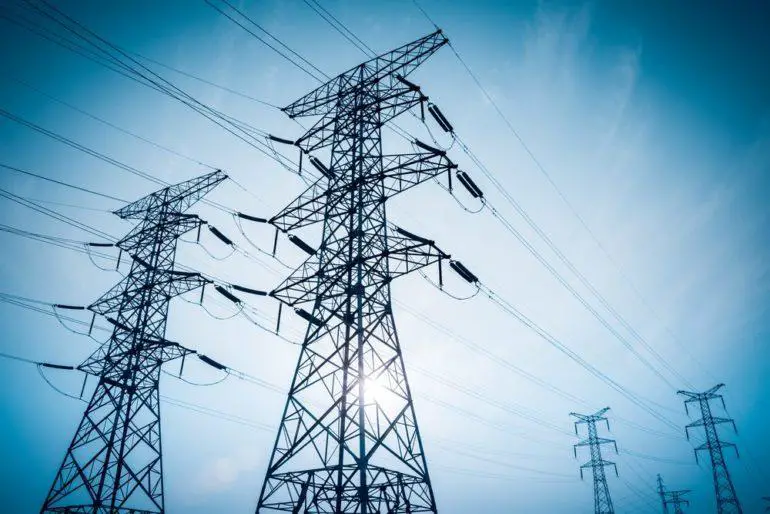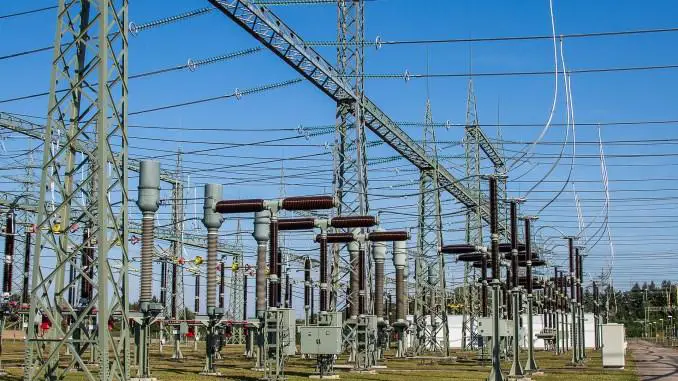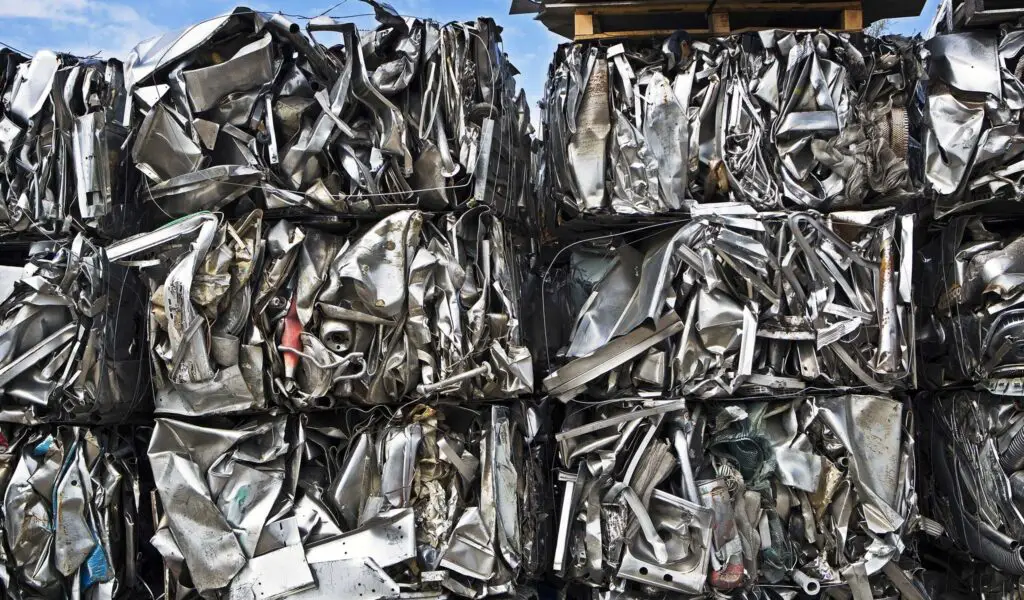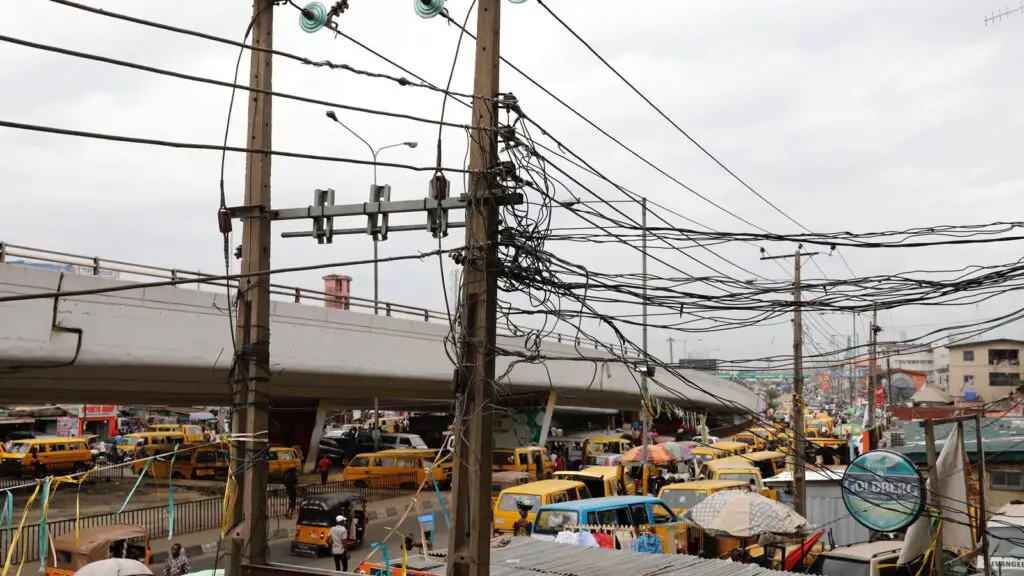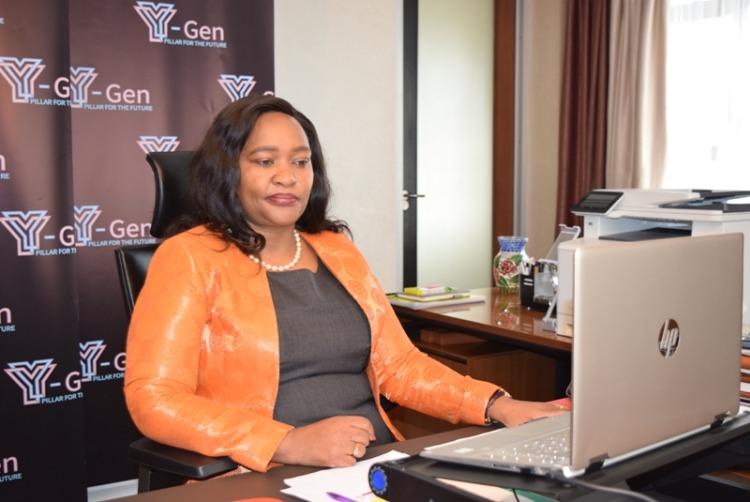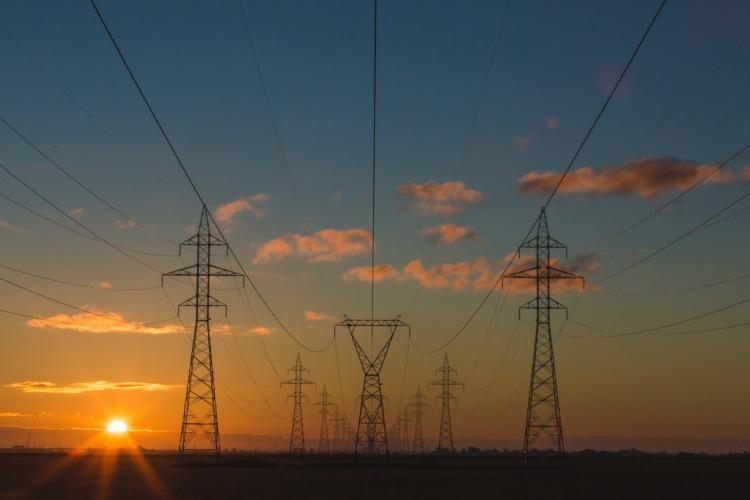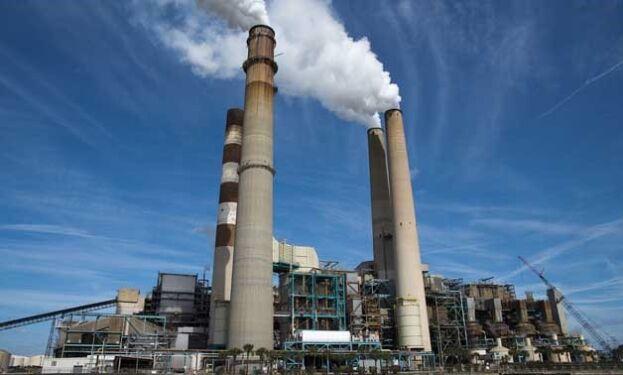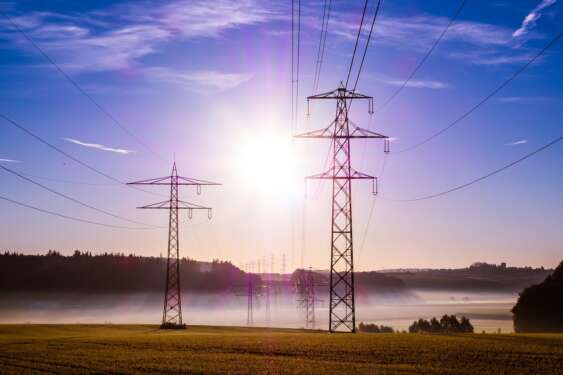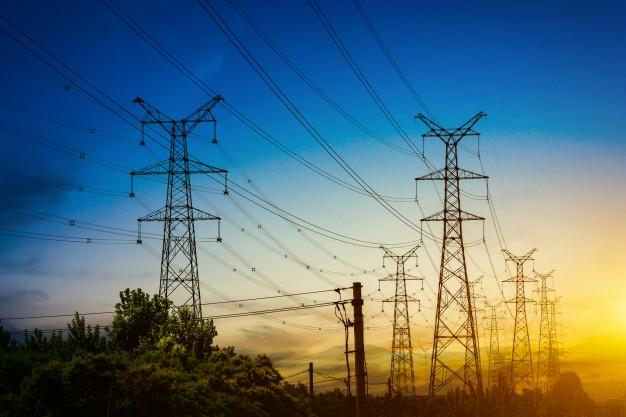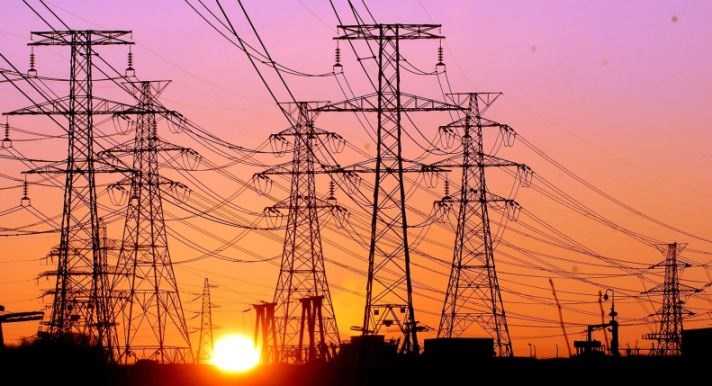- Africa’s new dawn: the rising role of digital and AI in agriculture
- Can Dangote Refinery Transform Africa Energy Ambition
- Gallup Survey: 80 per cent of Kenyan Workers Are Disengaged and Seek New Opportunities
- Madagascar Man Freed from 5KG Tumor After 15-Year Struggle
- How women in Africa are perceived and treated
- Sugar consumption in Kenya to Increase to 1.23 Million Tonnes
- Can Somalia and Turkey Oil deal Bring Change in Somaliland
- Remittances to Kenya dropped to $371.6 million in June, marking a six month low
Browsing: electricity
Last week, the biggest power generation plant in Zimbabwe, Kariba South, was generating only 758MW against an installed capacity of 1 050MW.
Hwange Power Station was generating 411MW against an installed capacity of 920MW.
Completing Unit 7 in November this year and Unit 8 at Hwange Power Station by March next year will add 600MW to the grid and help ensure reliable and sustainable supplies to meet growing demand.
Meanwhile, ZESA can now legally incorporate drones in its service delivery. This announcement was made at an event the national power company held to mark its acquisition of a Remotely Piloted Aircraft Operator’s Certificate (ROC).…
- The United Arab Emirates (UAE) has announced interest in investing in the Democratic Republic of Congo (DRC)’s solar energy sector
- The MoU was signed between DRC’s state electricity company Société Nationale d’Électricité (SNEL) and AMEA Power
- World Bank data indicates that DRC has a population of 84 million people, but only 19 to 20 per cent of the population have access to electricity
The United Arabs Emirates (UAE) has announced interest in investing in the Democratic Republic of Congo (DRC)’s solar energy sector.
The countries, through two companies, entered into a Memorandum of Understanding (MoU) to pave way for the production of 30 megawatts in DRC.
The MoU was signed between DRC’s state electricity company Société Nationale d’Électricité (SNEL) and AMEA Power.
SNEL Director-General Jean-Bosco Kayombo Kayan said the deal would see millions of people get connected to the national power grid.
According to the DG, UAE plans on exploring …
According to the Business Wire report of 2021, South Africa generates up to 108 million tonnes of annual waste, about 90 per cent of this which ends up in landfills. The problem is that landfills are projected to be full in a few years to come.
The national waste management strategy gazette by the government in 2020 gives a clear direction on how to acquire raw products for metal products and how to even trade the final products.
The producer’s responsibility scheme hold the manufacturers responsible for their products and packaging to the end of their life cycle.…
President Muhammadu Buhari said in an interview with Sun Nigeria that he was discontented with electricity in Nigeria.
The All Electricity Consumers Protection Forum expressed the same discontent with the power sector and pointed the slow progress in the power sector to the Nigerian Electricity Regulatory Commission (NERC).
The forum has advised President Buhari to do away with the power regulator in the country, NERC, and move the responsibilities to the Federal Competition and Consumer Protection Commission (FCCPC).…
Kenya Electricity Generating Company PLC (KenGen) has received carbon credits from its Olkaria I, Units 4 and 5 Geothermal Power plant at a time when it is working to solidify its lead in climate action in Africa.
According to the power producer, the milestone follows the issuance of an additional 2,040,515 Carbon Emission Reductions (CERs) for the Naivasha based project by the United Nations Framework Convention on Climate Change (UNFCCC).
This brings the amount of carbon credits issued to KenGen to date to 2,591,496 tonnes of Carbon Dioxide Equivalent (CO2e) valued at USD.3,887,244 which are now available for sale.
The sale process of the carbon credits has been initiated as guided by the applicable disposal laws and regulations for the public sector organizations.
The 140MW Olkaria I Additional Units 4 and 5 power plant, will reduce CO2 emission through the displacement of electricity generated by fossil fuel fired power plants …
African Development Bank Group has approved two grants worth $83.6 million to boost cross-border trade in electricity between Ethiopia and Djibouti and to deepen integration in the Horn of Africa sub-region.
In a statement, the bank’s board said the funds comprise a $69.65 million grant to Ethiopia and a second grant of $13.93 million to Djibouti.
Both have been sourced from the African Development Fund, which is the African Development Bank’s concessional financing window.
The Ethiopia–Djibouti Second Power Interconnection project will entail the construction of nearly 300 km of interconnector line, 170 km of transmission lines, and new construction or renovation of substations in the two countries.
Commenting on the approval, Bank’s Director of Power Systems Development Batchi Baldeh said the first interconnection line is reaching its power transfer capacity limit due to several developments in both countries, such as the industrial development in the eastern part of Ethiopia, the …
The Multilateral Investment Guarantee Agency (MIGA), a member of the World Bank Group (WBG), expressed its commitment to support vital development sectors in Egypt, which includes energy and transportation, as well as building on successful partnerships, especially Aswan’s Benban Solar Park project.
Aswan Benban Solar park is a photovoltaic power station with a total capacity of 1650 MWp which corresponds to an annual production of approximately 4TWh of power with the project taunted to prevent two million tonnnes of carbon dioxide emissions a year.
The Commitment by the world bank to support Egypt’s mega project came during a virtual
meeting held on Sunday between MIGA officials and Egypt’s Minister of International Cooperation Rania Al-Mashat to discuss strengthening partnerships with the private sector and developing the transportation and electricity sectors.
Among those who attended the meeting included high-level officials among them Merza Hassan, executive director of the World Bank Group; Ragui …
State power utility Eskom reported a loss amounting to ZAR 20.5 billion ($1.2bil) for the financial year 2020. The power producers generated revenue to the tune of R200billion($12.3bil) which failed to match up to the previous year’s revenue by 1.29%. The poor results were attributed to challenges in capacity and untenable economic climate.
The major contributing factor to the huge loss position can be traced to finance costs which came up at ZAR 31.3billion ($1.9bil). The costs in question were related to servicing a debt of ZAR 483 billion($25bil) which the company is struggling to reduce.
The heavy debt position for Eskom is particularly distressing for South Africa as the South African government is the largest guarantor for Eskom’s debt. Eskom has also been a recipient of government bailout funding set at ZAR138 billion($8.4bil) until 2022. This heavily places a burden on the country’s budget and is a significant threat …
The government of Burkina Faso and the US government’s Millennium Challenge Corporation (MCC) signed a $450 million compact agreement to address low access to electricity in the country.
The compact deal will invest in the power sector to broaden and sustain the country’s economic growth.
“We are marking a new chapter in the partnership between the United States and the people of Burkina Faso with the signing of this second MCC-Burkina Faso Compact,” said Sean Cairncross MCC CEO.
“This compact will address the high cost, poor quality, and low access to electricity in Burkina Faso and will also support the country’s increased participation in regional power markets and the development of a potential MCC regional investment.” He added
In addition to the $450 million pledged by the MCC for the second compact, Burkina Faso’s government pledged to invest $50 million toward the compact’s projects.
An estimate of 8 million people …
Zimbabwe, an economically challenged southern Africa nation will soon face another economical hard-pinch as the sate power transmission company said on Thursday it intends to increase its electricity tariff by 19.02 per cent, kicking in on March 1.
According to information from Reuters, the utility said that raising inflation and weakening exchange rate were factors being the tariff hike.
Zimbabwe Electricity Supply Authority (ZESA), which is responsible for the generation, transmission and distribution of electricity in Zimbabwe, is also facing challenges meeting power demands in the nation facing worst economic crisis in a decade.
According to the World Bank data, electricity access in Zimbabwe stands at 40 per cent.
Energy advocacy groups such as Sustainable Energy For All noted that—due to economic challenges, Zimbabwe cant explore its renewable energy resources (solar energy in particular), that’s why only 16 per cent of rural dwellers have access to power versus 78 per …





